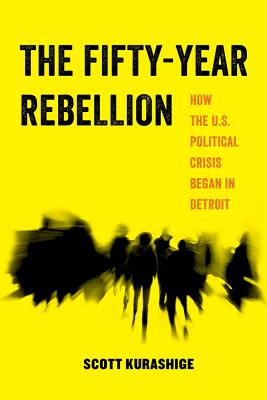Expedite your nonfiction book discovery process with Readara interviews, summaries and recommendations, Broaden your knowledge and gain insights from leading experts and scholars
In-depth, hour-long interviews with notable nonfiction authors, Gain new perspectives and ideas from the writer’s expertise and research, Valuable resource for readers and researchers
Optimize your book discovery process, Four-to eight-page summaries prepared by subject matter experts, Quickly review the book’s central messages and range of content
Books are handpicked covering a wide range of important categories and topics, Selected authors are subject experts, field professionals, or distinguished academics
Our editorial team includes books offering insights, unique views and researched-narratives in categories, Trade shows and book fairs, Book signings and in person author talks,Webinars and online events
Connect with editors and designers,Discover PR & marketing services providers, Source printers and related service providers

The Fifty-Year Rebellion: How the U.S. Political Crisis Began in Detroit Volume 2
History > United States - State & Local - Midwest(IA,IL,IN,KS,MI,MN,MO,ND,NE,OH,SD,WI
- University of California Press
- Paperback
- 9780520294912
- 8.2 X 5.3 X 0.4 inches
- 0.5 pounds
- History > United States - State & Local - Midwest(IA,IL,IN,KS,MI,MN,MO,ND,NE,OH,SD,WI
- (Single Author) Asian American
- English
Readara.com
Book Description
Are we succumbing to authoritarian plutocracy or can we create a new society rooted in social justice and participatory democracy? The corporate architects of Detroit's restructuring have championed the creation of a business-friendly city, where billionaire developers are subsidized to privatize and gentrify Downtown, while working-class residents are being squeezed out by rampant housing evictions, school closures, water shutoffs, toxic pollution, and militarized policing. Grassroots organizers, however, have transformed Detroit into an international model for survival, resistance, and solidarity through the creation of urban farms, freedom schools, and self-governing communities. This epochal struggle illuminates the possible futures for our increasingly unstable and polarized nation.
Author Bio
Scott Kurashige is a professor of American and ethnic studies in the School of Interdisciplinary Arts and Sciences at the University of Washington Bothell. He is president of the American Studies Association, 2019-20.
From 2000 to 2014, he was assistant, associate, and full professor of American culture and history at the University of Michigan. He has held fellowships at Harvard’s Charles Warren Center for Studies in American History and the Smithsonian National Museum of American History.
He is the author or co-author of four books: The Shifting Grounds of Race: Black and Japanese Americans in the Making of Multiethnic Los Angeles (2008, winner of the American Historical Association’s Beveridge Award for distinguished book on the history of the United States, Latin America, or Canada, from 1492 to the present and the History Book Award from the Association for Asian American Studies), The Next American Revolution: Sustainable Activism for the Twenty-First Century (with Grace Lee Boggs, 2011), Exiled to Motown: A History of Japanese Americans in Detroit (with the Detroit JACL, 2015), and The Fifty-Year Rebellion: How the U.S. Political Crisis Began in Detroit (2017).
He received his MA in Asian American studies (1996) and PhD in history (2000) from UCLA.
Research Interests
Scott Kurashige studies race in a comparative, intersectional, and transnational framework with a focus on urbanism and social movements. His work has especially focused on the relationship between Asian Americans and African Americans and on the cities of Los Angeles and Detroit.
From 1998 to 2015, he was a close collaborator with Grace Lee Boggs, a radical philosopher/activist based in Detroit. His current book project book project, Neighbors in the Hood, probes how Asians, since the neoliberal turn of the 1970s, have become a convenient scapegoat for the multi-faceted problems and intersecting crises tied to deindustrialization, corporate globalization, and the devastation of predominantly African American cities and urban communities.
It further addresses how Asian American activists have responded to this scapegoating by developing structural analyses that critique anti blackness while fostering a multiracial vision of social justice and coalition
Source: University of Michigan - National Center for Institutional Diversity
Videos






Community reviews
No Community reviews

